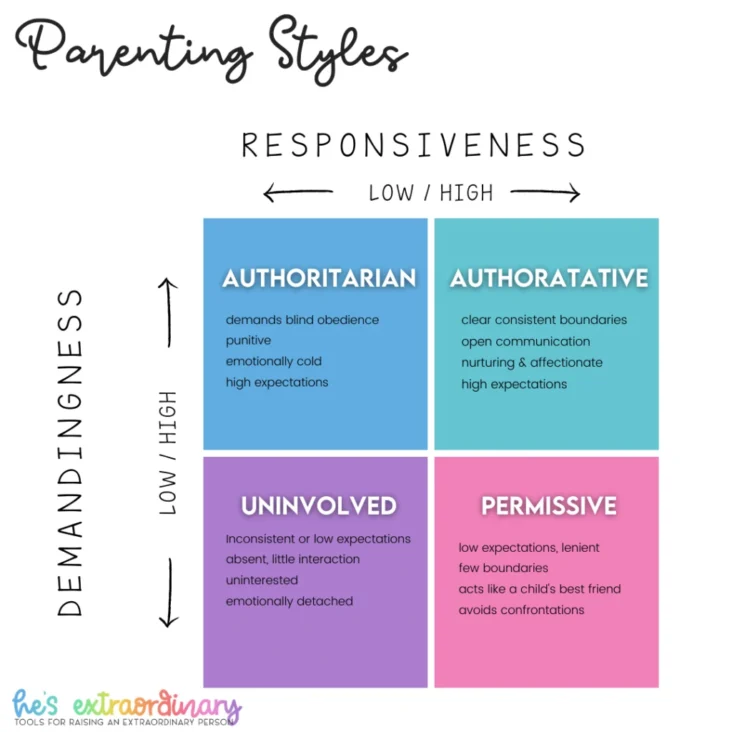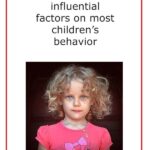Parenting styles can have a huge effect on a person’s personality and growth. In this article, we will discuss how different parenting techniques can shape the way we think and behave. We’ll look at the positive and negative aspects of parenting, as well as how it can affect a person’s development as they grow older. For those of you who are either parents or soon-to-be parents, this article provides valuable insights into the power of parenting and how it can shape your child’s future.
The Impact of Positive Parenting on Personality Development

Parenting is an important factor when it comes to developing a healthy personality. Positive parenting can have a major effect on how a person’s self-esteem, confidence, and overall psychological well-being. When parents provide support and encouragement, it allows children to be more confident and open to trying new things. Positive parenting also helps children establish healthy relationships with others and develop problem-solving skills. With a nurturing environment, children can learn to express themselves and become more independent. All these things can help shape a person’s personality and positively influence them as they get older.
The Role of Negative Parenting in Shaping Personality Traits

As a young adult, I can definitely confirm that the way I was raised affects my personality. If parents are too strict, or use negative reinforcement, it can have a lasting effect on a child’s personality, creating feelings of insecurity and fear. This creates a sense of distrust in the world and can lead to a lack of self-confidence. Even worse, it can lead to negative behavior and thought patterns, as the child grows up. Parenting is an important part of a child’s life, and it’s important to provide a safe and supportive environment so they can develop their full potential.
The Influence of Parental Attachment on Personality Formation

As a teenager, I recognize the strong influence of parental attachment on my personality formation. I am aware that the kind of relationship I have with my parents will shape and define who I am as an adult. A secure and supportive relationship with my parents will enable me to develop a positive sense of self-worth and self-esteem, as well as the ability to form secure attachments with others. On the other hand, an insecure attachment with my parents can lead to low self-esteem and difficulty forming secure relationships. I am mindful that my parents’ guidance, support, and love will play a crucial role in my development.
The Long-Term Effects of Parenting on Personality Development

As a 21-year-old, I understand how important my parents were in shaping my personality. While I was growing up, they taught me the importance of respect, communication, and responsibility. Now that I’m an adult, I can see the long-term effects of parenting on my personality development. I’m more confident in my decisions, I’m better at communicating with others, and I’m able to take responsibility for my actions. I’m grateful to my parents for providing me with the foundation I needed to become a successful adult.
Understanding the Impact of Parenting on Personality Across Different Cultures

Parenting styles and practices vary widely across different cultures, and it’s important to understand how these differences may affect the development of a child’s personality. In some cultures, parents are more likely to be strict and authoritarian, while in others, parents tend to be more relaxed and allow their children more freedom. In addition, some cultures emphasize obedience and conformity, while others value self-expression and individuality. Each of these styles can have a significant impact on a child’s personality, and it’s important for parents to be aware of the potential implications. Understanding the impact of parenting on personality is essential for parents to raise children who are well-rounded, self-sufficient, and capable of thriving in their own unique environment.




